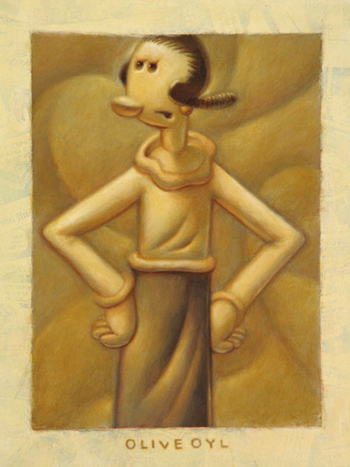Links
Archives
Saturday, October 15, 2005
|
LEANING EVER MORE LEFT “Apparently, despite their greed and other failings,” says conservative New York Times columnist John Tierney with studied irony, “many conservatives do want to become scholars, but they can't find work on campus.” Once again we’re into the question of why there’s an absurd overabundance of mid- to way-outfield lefties in American academia. Although he’s been assured by lefty academics that conservatives (UD’d include centrists and certain variants of classical liberals in the absent group as well) aren’t at universities because conservatives are too money-grubbing to tolerate academic salaries, Tierney remains skeptical of this explanation (also of the conservatives are dumb and conservatives can’t deal with ambiguity or independent thought explanations). So off he goes in search of better ones, in particular the law of group polarization and the false consensus effect: They're subject to the law of group polarization, derived from studies of juries and other groups. "If people are engaged in deliberation with like-minded others, they end up more confident, more homogenous and more extreme in their beliefs," said Cass Sunstein, a law professor at the University of Chicago. "If you have an English or history department that leans left, their interactions will push them further left." This sounds right to UD, who has been in dissertation defenses where the claim that North Korea is a far superior country to South Korea was greeted with unanimous nods, while the claim that there might in the course of human history be situations in which American military involvement in other countries would be justifiable was met with histrionic incredulity.  The most charitable faculty mode of response UD has seen to arguments from the center or the right of the political spectrum is wide-eyed pity, as in weep for what little things can make them etc. etc. Tierney concludes: But how many big ideas from liberal academics are on anyone's agenda? Democratic politicians are desperately trying to find something newer than the New Deal to run on next year. They're glad to take campaign contributions from professors, but they're leery of ideas from intellectuals who've have been talking to themselves for so long. Via ann althouse |